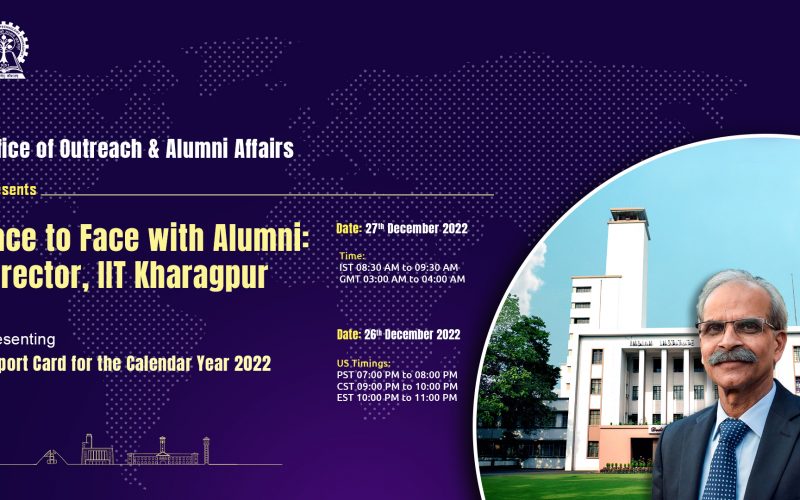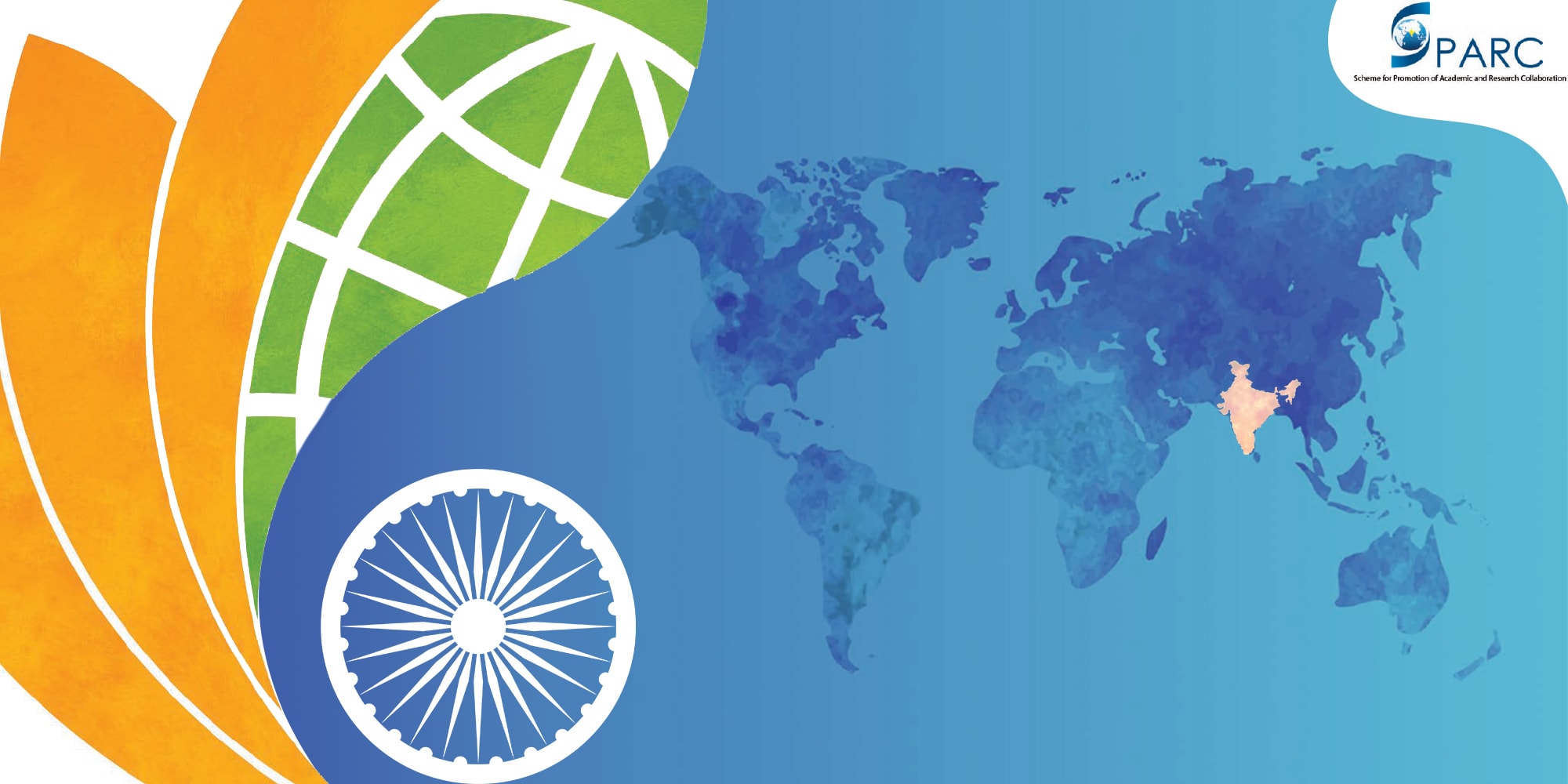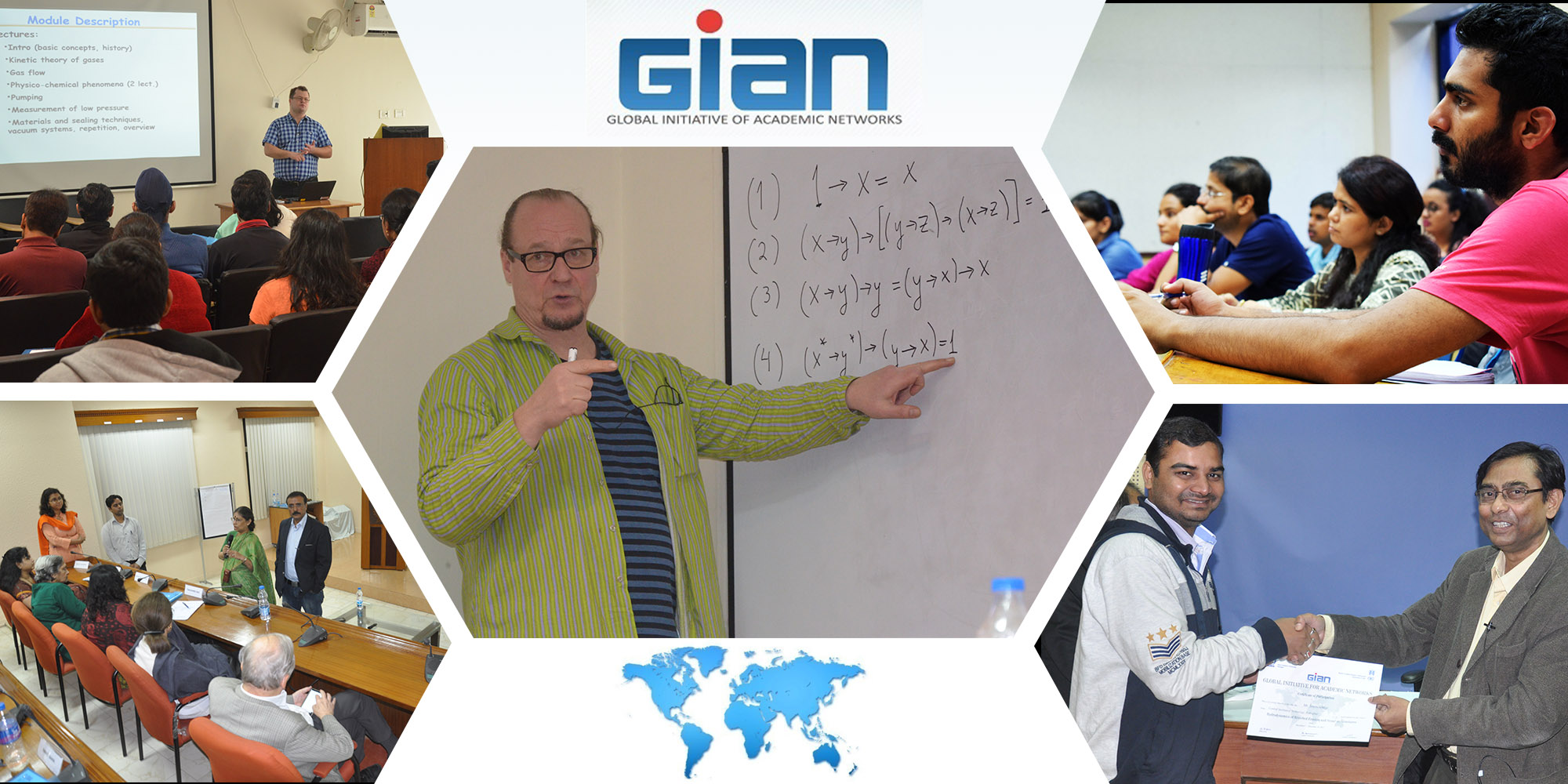
Face to Face with Alumni
"We require transformation and transition to meet future goals in terms of Alma Connect", said Prof. V K Tewari, Director, IIT Kharagpur who indulged in a face to face virtual meet with the Distinguished Alumnus of IIT Kharagpur from India & overseas on 27 December 2022. He focused on some key areas where alumni support is needed to provide exposure to students and to initiate infrastructure development for IIT Kharagpur. The meet started with the recitation of Sararswati Vandhana which revitalized the spirits in a cold December morning. The opening remarks were presented by Prof. Amit Patra, Deputy Director, IIT…



